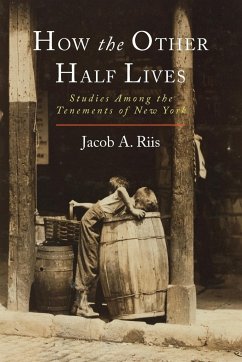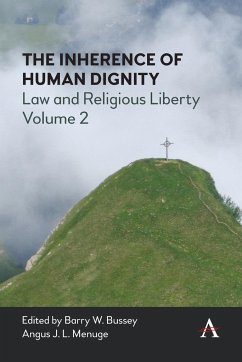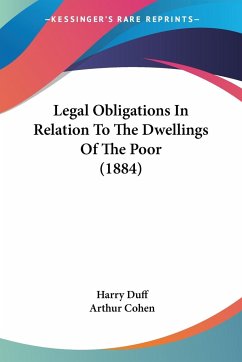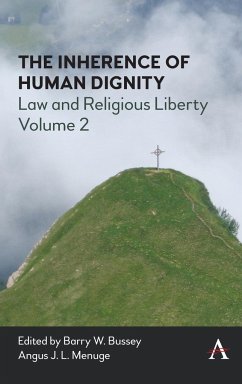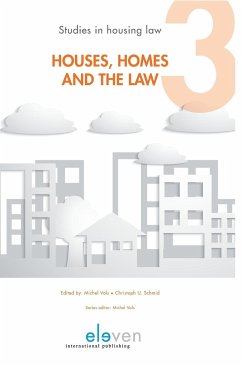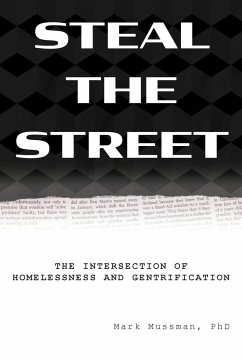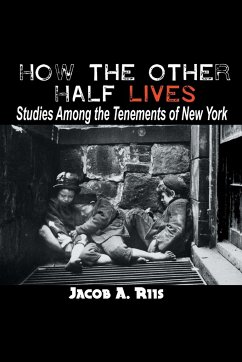
How the Other Half Lives
Studies Among the Tenements of New York
Versandkostenfrei!
Versandfertig in 1-2 Wochen
14,99 €
inkl. MwSt.

PAYBACK Punkte
7 °P sammeln!
In this is the classic indictment of slum life, written by one of the most famous reformers of the nineteenth century. "How the Other Half Lives: Studies Among the Tenements of New York" explained not only the living conditions in New York slums, but also in the sweatshops in some tenements which paid workers only a few cents a day. The book explains the plight of working children; they would work in factories and at other jobs. Some children became garment workers and newsies (newsboys). The effect was the tearing down of New York's worst tenements, sweatshops, and the reform of the city's sc...
In this is the classic indictment of slum life, written by one of the most famous reformers of the nineteenth century. "How the Other Half Lives: Studies Among the Tenements of New York" explained not only the living conditions in New York slums, but also in the sweatshops in some tenements which paid workers only a few cents a day. The book explains the plight of working children; they would work in factories and at other jobs. Some children became garment workers and newsies (newsboys). The effect was the tearing down of New York's worst tenements, sweatshops, and the reform of the city's schools. The book led to a decade of improvements in Lower East Side conditions, with sewers, garbage collection, and indoor plumbing all following soon after, thanks to public reaction.



